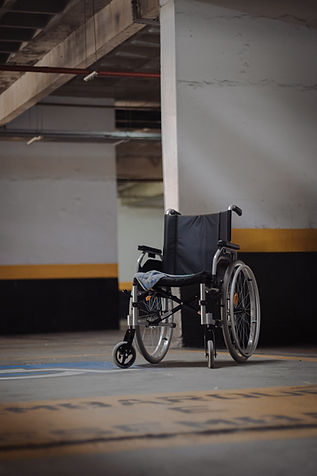
Research

We connect and communicate with other people through affective, or social, touch. Affective touch helps us form emotional and social bonds. Our lab aims to restore affective touch to people with disabilities.
People with high-level tetraplegia often lose the ability to move and feel all four limbs. We use intracortical microstimulation in somatosensory cortex and below-injury peripheral nerve stimulation to provide sensory feedback to participants using brain-controlled functional electrical stimulation to regain voluntary control of reaching and grasp.


Proprioception is the body's perception or awareness of its position, force and movement through space. It is essential for all tasks involving movement of the body and object manipulation. When an individual with limb loss uses a prosthesis, they must rely heavily on visual input to complete such tasks.
Restoring proprioception for individuals with limb loss would decrease their reliance on visual feedback, allowing them to complete tasks requiring higher levels of dexterity and care with more ease and even possibly blind.
Quality of sensation refers to one's perception of a stimulus not including its intensity, protensity or locality. Some common descriptors which may help in understanding what quality is include "pins and needles", "electric", "vibration", and "pressure".
Traditional Peripheral Nerve Stimulation (PNS) technologies often fail to produce qualities native to tactile sensation and instead are more often perceived as "tingly" or "electric". We are working towards engineering the quality of PNS to enable the perception of pressure, light touch, and textures.


We connect and communicate with other people through affective, or developing strategies to restore proprioception to people with upper limb loss via peripheral nerve stimulation. Our research also investigates the neural coding of proprioceptive information and the integration of proprioception with prosthesis control.
We conduct studies to explore how users of neurotechnology feel about their devices and to understand the experience of participating in neurotechnology research.

Our Philosophy
In the Graczyk Lab, we believe that our job is done successfully only when we actively foster trainees' scientific development, help facilitate their career goals, and support their well-being.
We value everyone's ideas and believe that bringing more voices to the table is critical to advancing our research and improving healthcare for all.